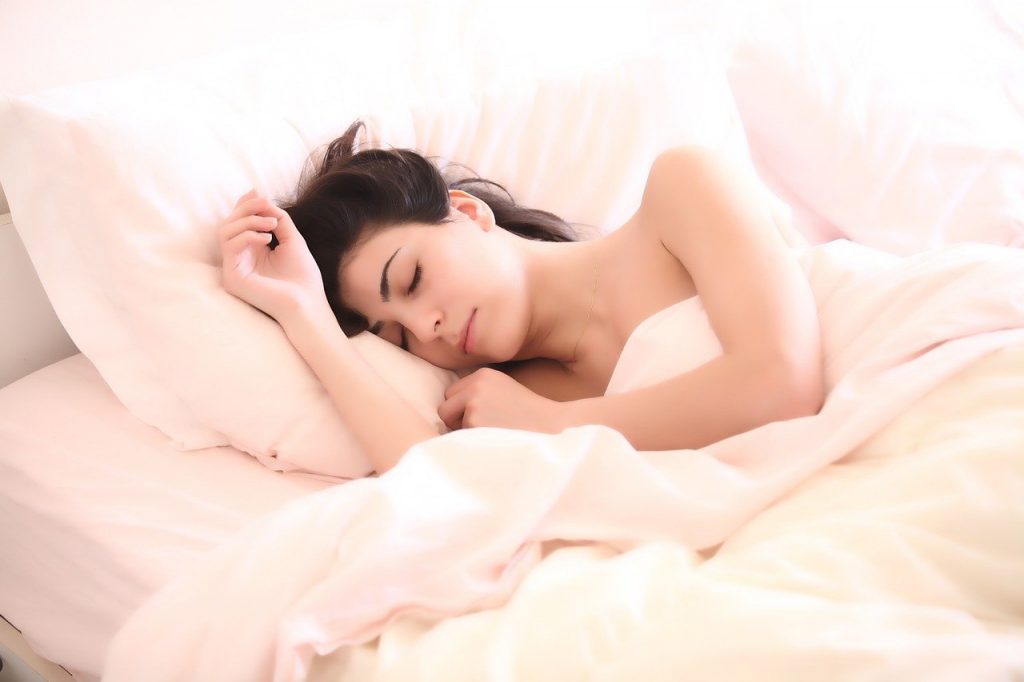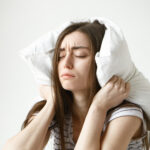Do you have problems falling and staying asleep? Do you get enough sleep? According to a recent study by the American Hospital Association (AHA), approximately 1 in every 3 adults do not get healthy amounts of sleep. The study also revealed that stress can make getting enough quality sleep even more difficult. The Sleep Foundation recommends that adults should get 7-9 hours of sleep every night for them to maintain good physical and mental health, avoid risks of getting injured, and promote overall quality of life.
Tips to Getting Better Sleep
Create A Sleep-Inducing Bedroom
If you want to sleep quickly, the first thing you should do is to transform your bedroom into a comfortable and relaxing place. While this may seem obvious, most people often overlook it, which contributes to challenges falling asleep and staying asleep throughout the night.
To create a sleep-inducing environment, focus on increasing your comfort and minimizing your distractions. You can do this by:
- Avoiding light disruptions: Exposure to excess light can distract you from your sleep. Therefore, wear a mask or blackout your curtains to block and prevent light from filtering through and interfering with your sleep.
- Use a quality mattress and pillow: Using a high-performance mattress is essential to ensuring that you’re comfortable throughout the night. Your mattress and pillow make sure that your spine is well- supported to prevent aches and pains.
- Improve your indoor air: The indoor air quality in your home plays a huge role in the quality of your sleep. Therefore, you should ensure that you have the highest possible air quality to facilitate a comfortable and restful sleep.
Exercise During The Day
Exercising during the day helps you sleep better at night. Exercises can help you sleep better by improving the symptoms of sleep apnea and insomnia. They can also increase the time you spend in deep sleep.
Exercises help to elevate the body’s temperature, speed up the metabolism and stimulate hormones like cortisol. However, while this is a good thing, ensure you only exercise in the morning or afternoon. Avoid exercising too close to your bedtime as it can interfere with your sleep.
Have A Pre-Bed Routine
If you have trouble falling asleep, you may think that the problem only starts when you get to bed. However, the time immediately before bedtime plays a vital role in preparing you to sleep quickly. Having poor pre-bed habits is one of the major causes of insomnia. While it can take some time to change these habits, the efforts you make can help you to get ready to fall asleep effortlessly during bedtime.
Avoid Consuming Caffeine A Few Hours Before Bedtime
Caffeine has several benefits and it is consumed by millions of people across the world. A single dose of caffeine can enhance your energy, focus, and performance. However, drinking coffee in the evening prevents your body from relaxing at night. What is more, caffeine can stay in your blood for up to 8 hours. This means that consuming large amounts of caffeine after 3 p.m. can prevent you from getting a good night’s sleep.
Final Thoughts
Sleep has several benefits to both our physical and mental health. However, despite the numerous benefits, a majority of people have trouble sleeping. Regardless of the cause and type of sleeping problem, use the above steps to help you get better sleep.








